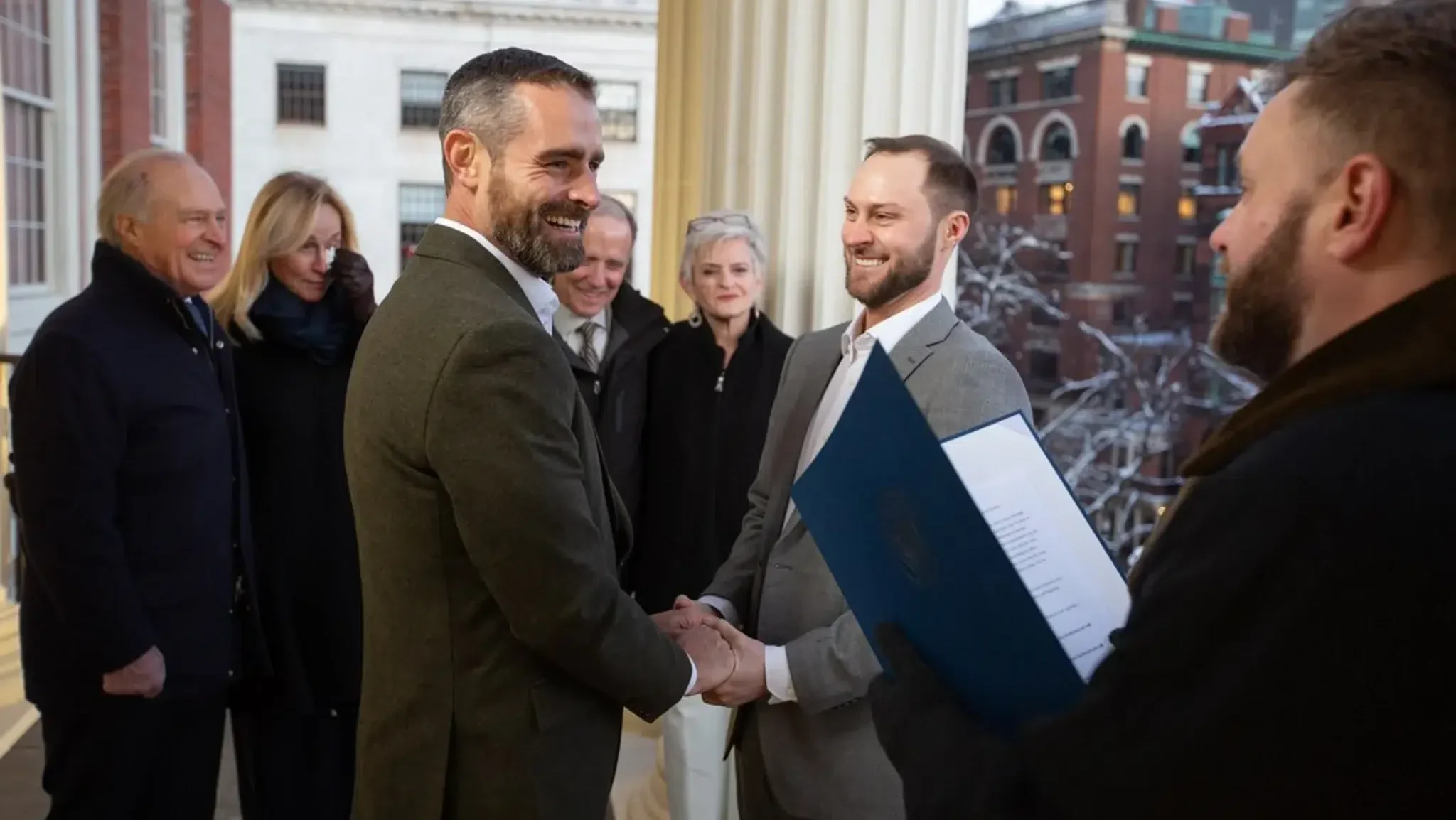The cast of Goosebumps: The Vanishing is ready to redefine horror with heart. Ahead of the series’ January 10 debut on Disney+ and Hulu, the actors sat down to chat about representation, character evolution, and their love of spooky stories.
About Goosebumps
“Goosebumps: The Vanishing begins when twins Cece and Devin Brewer are sent to spend a summer in Gravesend, Brooklyn, with their divorced dad. A threat is stirring, and they quickly realize that dark secrets are among them, triggering a chain of events that unravel a profound mystery. As they delve into the unknown, Cece, Devin and their friends — Alex, CJ and Frankie — find themselves entangled in the chilling tale of four teenagers who mysteriously vanished in 1994.”
Breaking Boundaries in Horror
Ana Ortiz, who plays Detective Jen, spoke passionately about her excitement to bring Latinx representation to the horror genre.
“I never get to see Latin people, let alone Latin women, in horror,” Ortiz said. “It was really exciting to get to play this role. If any little brown girls out there—queer or not—can relate, I’m thrilled.”
Ortiz’s co-star Francesca Noel, who portrays Alex, echoed her sentiments, emphasizing how her character’s layered identity resonates with viewers.
“For me, I was playing a queer character and that meant so much to me,” Noel explained. “Sometimes we get these tragic lesbian stories and Alex gets that and she really fights to speak up for herself, and we see her go through that triumphantly… I don’t know, but it felt really good to me to be able to kind of give her that power.” But she felt like a very powerful character to be playing”
Ortiz added that Goosebumps: The Vanishing pushes past stereotypes.
“It’s not like we’re just Latina or we’re just queer,” she said. “We’re people first, and they really gave us that.”
Scares with Substance

Jayden Bartels and Sam McCarthy also offered insights into their characters’ emotional arcs. Bartels, who plays Cece, described her as a driven young woman who challenges societal expectations.
“She is this stereotypical a plus perfect student, but there are things about her that people maybe wouldn’t put with that stereotype,” Bartels revealed. “And I love Cece because she breaks those bounds and she really doesn’t even think twice about them. I don’t want to give any spoilers, but Cece is finding her own path and what she wants and likes in life throughout this season. And I think, I know I personally related to her journey and I think a lot of other people will, and I’m really, really happy for that.”
Meanwhile McCarthy’s character, Devin, grapples with family turmoil and self-identity.
“My parents are divorced,” the actor started. “I went back and forth growing up and that you sometimes don’t really know where you land or where your home base really is. You also see Devin at a point in his life when he doesn’t necessarily have that stability of a rock at home and he doesn’t have in himself, he is getting to the point where he’s getting ready to go out in the world and he is starting to become a bit restless that like, ‘Hey, maybe I don’t have this solidity in myself either.’ And so I think we find him at a point where he is beginning to go on a journey of finding that strength and that kind of oneness in a community and in himself and that I think he embarks on without really realizing it.”

Full Circle Moment
McCarthy also revealed a personal connection to the Goosebumps franchise: His mom narrated some of the books!
“I remember I was talking to my mom about auditioning for this job and she’s like, ‘oh yeah, I narrated that’ and I was like, ‘yeah, you did the Night of the Living Dummy.” Which as we all know, is arguable THE Goosebumps story. There’s a real icon among us!
Bringing Horror Fans Together
Elijah M. Cooper, Stony Blyden, and Galilea La Salvia also weighed in on how the show blends classic horror with modern representation.
“Our showrunners, Hilary and Rob, did an incredible job of reflecting real-life issues,” Cooper said. “The story balances teenage struggles with supernatural thrills.”
La Salvia, who plays Frankie, highlighted how the series resonates across generations.
“I’m Latina and first-generation American, so I connect with Frankie’s journey,” she said. “The show tackles love, friendship, and independence while delivering major scares.”
Blyden praised how the show handles complex emotions.
“Trey starts off angry and isolated but grows into someone brave and loyal,” Blyden said. “His arc shows how you can overcome your inner demons.”
When and Where to Watch
Goosebumps: The Vanishing promises a thrilling blend of nostalgia and modern storytelling. With a talented cast and gripping plotlines, it’s set to be a must-watch series for fans old and new. The entire eight-episode season premieres Friday, January 10, 2025, on Disney+ and Hulu.












